Why do I Write?
The cultural anthropologist and linguist Bronislaw Malinowski wrote: "A word is used when it can produce an action and not describe one, still less to translate thoughts. The word therefore has a power of its own, it is a means of bringing things about, it is a handle to acts and objects and not a definition of them. A word is a mode of action rather than a countersign of thought." (Bronislaw Malinowski, The Problem of Meaning in Primitive Languages, 1923, 321)
A person who is not facile with, and does not have command of language, suffers a perpetual handicap.
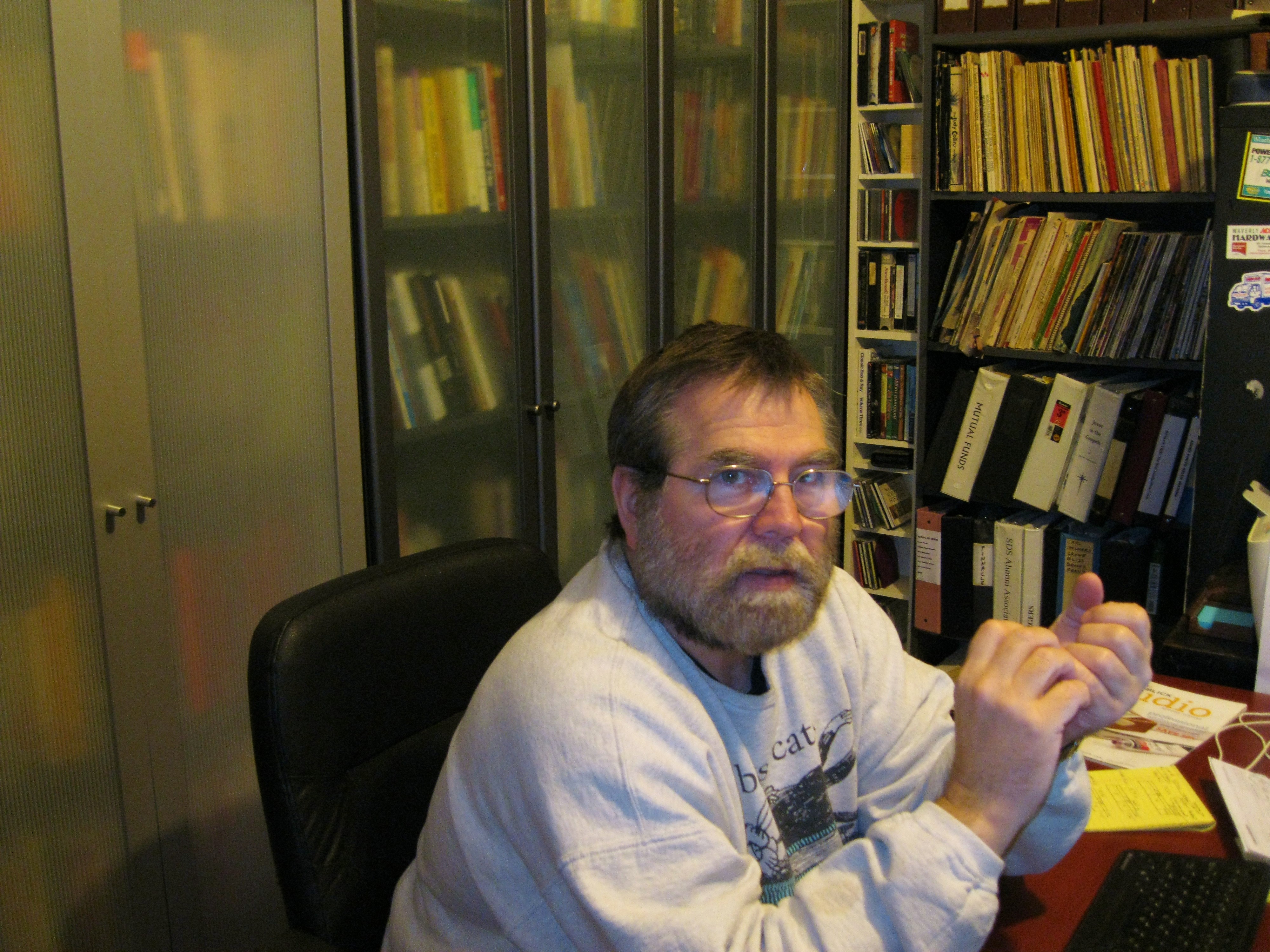
In My Library Office
History is Past Politics, and Politics is Past History
Edward Augustus Freeman (1823-1892)
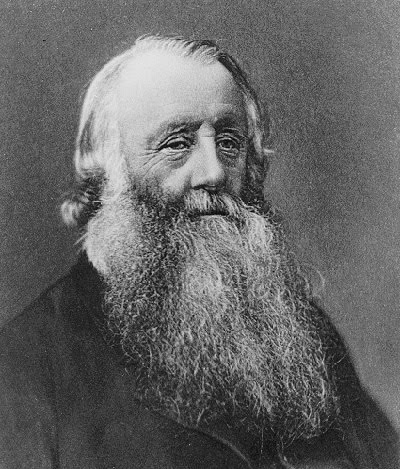
Edward Augustus Freeman
This statement attributed to Edward Augustus Freeman is also attributed to Sir John Seeley (1834-1895), but finds its origin in the works of John Gower (1330-1408) and Geoffrey Chaucer (1334-1400).
As a consequence of their world-view that perceived history, politics, and religion as diversity in unity, it was impossible for these men to separate religion from history and politics. Thus, religious commentary is to be found throughout their historical and political works.
For those who may wish to explore how these men addressed the relationship between history, politics, and religion, start by reading their works cited below.
John Gower
John Gower is best known for three long poems united by common political and moral (religious) themes. They are: Mirror de L'Omme (Mirror of the Man) composed in French, Vox Clamantis (The Voice of Clamantis) composed in Latin, and Confessio Amantis (Confession of a Lover) composed in English.
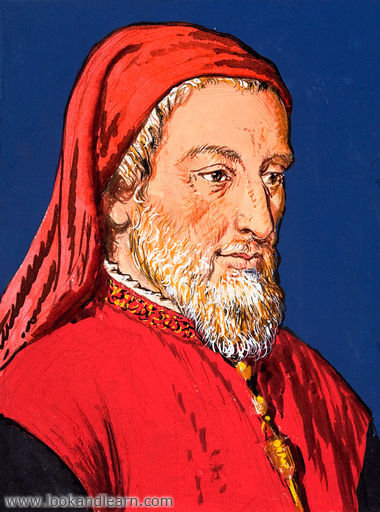
Geoffrey Chaucer
Geoffrey Chaucer's works include: Book of the Duchess, Troilus and Criseyde, and his best known work, The Canterbury Tales, as well as lesser known poems. The Book of the Duchess is the earliest of Chaucer's major poems. Overwhelming evidence, although disputed by a minority of scholars, suggests he wrote the poem to commemorate the death of Blanche of Lancaster who was the wife of John Gaunt.
The poem tells the story of the poet's dream. Wandering in the woods, he discovers a knight clothed in black and inquires of his sorrow. Throughout the poem, pieces of the knight's story become more and more apparent as articles of his clothing drop off, until the cause of his mourning is plainly seen.
Troilus is a Trojan prince mentioned by Homer in The Iliad. In Medieval poetic form, Troilus is first set in the genre of courtly romance by Benoit de Saint-Maure in his poem, Roman de Troie. Giovanni Boccaccio re-wrote the story of Troilus in IL Filostrato which was Chaucer's primary source for Troilus and Criseyde. Shakespeare's, Troilus and Cressida is based in part on Chaucer's rendition. Additionally, the poem is carried forward in nuanced form in Robert Henryson's, Testament of Cresseid.
The Canterbury Tales (two in prose, the rest in verse; some are originals, others are not) are contained within a "frame tale" and are told by a collection of pilgrims on a pilgrimage from Southwark to Canterbury to visit the shrine of Saint Thomas Becket at Canterbury Cathedral. Although The Canterbury Tales are considered to be Chaucer's magnum opus, some scholars believe the structure of the book is indebted to Boccaccio's 14th century, The Decameron, which Chaucer is said to have read on a visit to Italy.
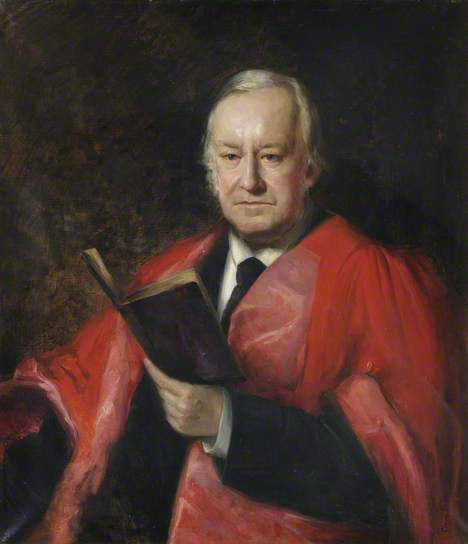
Sir John Seeley
Sir John Seeley's best known works are Ecce Homo that deals with the humanity of Christ; The Expansion of England that relates the colonial and commercial aspects of Britain's struggle with France; and The Growth of British Policy that is a survey of the foundations of the British Empire from the reign of Queen Elizabeth I (November 17, 1558 - March 24, 1603) to King William III (February 13, 1689 - March 8, 1702).
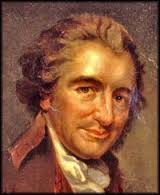
Thomas Paine
The Revolutionary War patriot Thomas Paine also knew the truth of the relationship between history, politics, and religion. In fact, there is no other figure in American history, including America's "Everyman" Benjamin Franklin, that so personified in both his personal and professional life the juxtaposition of these three currents central to the human experience.
If not the first, Paine is certainly the best known of America's humanists who embodied the higher values of the Enlightenment. The values of the Enlightenment informed Pain to write, The Age of Reason, which was a treatise that supported Deism and in which he states:
"I do not believe in the creed professed by the Jewish church, by the Roman church, by the Greek church, by the Turkish church, by the Protestant church, nor by any church that I know of. My own mind is my own church.
All National institutions of churches, whether Jewish, Christian, or Turkish, appear to me no other than human inventions, set up to terrify and enslave mankind, and monopolize power and profit."
However, Paine is best known for his works, Common Sense and The American Crisis. Common Sense was a pro-independence monograph and was the bestselling work of 18th century America. After reading it, both George Washington and John Adams were compelled to seek political independence from Great Britain.
Yet, The American Crisis is the best known of Paine's works.
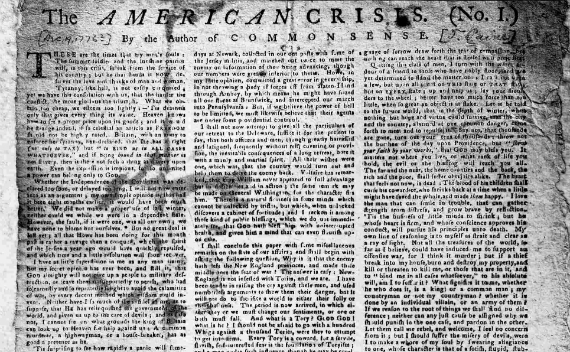
The American Crisis First Published In The Philadelphia Journal, December 19, 1776
He begins The American Crisis with the immortal words:
"These are the times that try men's souls: The summer soldier and the sunshine patriot will, in this crisis, shrink from the service of their country; but he that stands it now, deserves the love and thanks of men and women. Tyranny, like hell, is not easily conquered; yet we have this consolation with us, that the harder the conflict, the more glorious the triumph. What we obtain too cheap, we esteem too lightly; it is dearness only that gives every thing its value."
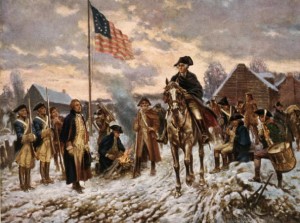
General Washington Reviewing The Troops On Christmas Morning At McKonkey's Ferry,
Delaware River, 1776
General George Washington was so moved by these words, he read them to his troops on Christmas morning, 1776. However, there was no joy that Christmas morning for General Washington or his troops. Five months earlier in August, the American Army had suffered a humiliating defeat and lost New York City to the British. As a consequence, between September and December, 1776, over 11,000 volunteers gave up the fight and returned to their families.
General Washington could foresee the end of the rebellion if the rest of his men returned home when their service contracts expired on December 31st. He knew that without an upsurge in moral and a significant victory, the American Revolution would come to a swift and humiliating end.
After hearing Paine's inspiring words, the beleaguered troops mustered their remaining hope for victory and crossed the icy Delaware River on Christmas night. When they got to the Hessian camp, the German Hessians were fighting as British mercenaries, they found them drunk, hung-over, and easily defeated them. From there, on January 2nd they engaged the British Army under its best general, Earl Cornwallis, and won the Battle of Princeton.
Historians agree that without Thomas Paine's fiery words and patriotic challenge in The American Crisis, it is high doubtful Washington's Army would have defeated the Hessians to say nothing about General Cornwallis' well trained Army.
My historical, political, and religious books and commentaries are a tribute to John Gower, Geoffrey Chaucer, John Seeley, Thomas Paine, and their like-minded brethren. Needless to say, the works of these men have greatly elevated my consciousness and informed my understanding of the relationship between history, politics, and religion.
To that end, I consider myself not only indebted to them, but also their heir. They had the courage to stand up and speak out often in the face of derision and to a vitriolic response. Thus, in my own small way, my political, historical, and religious books and commentaries are my attempt to carry forward their ideals and message in the form of new wine in new wine skins for the Twenty-First Century.
If anything I have written sparks your interest, whether you agree or disagree with what I have written, like John Gower, Geoffrey Chaucer, John Seeley, and Thomas Paine, I have achieved my purpose.